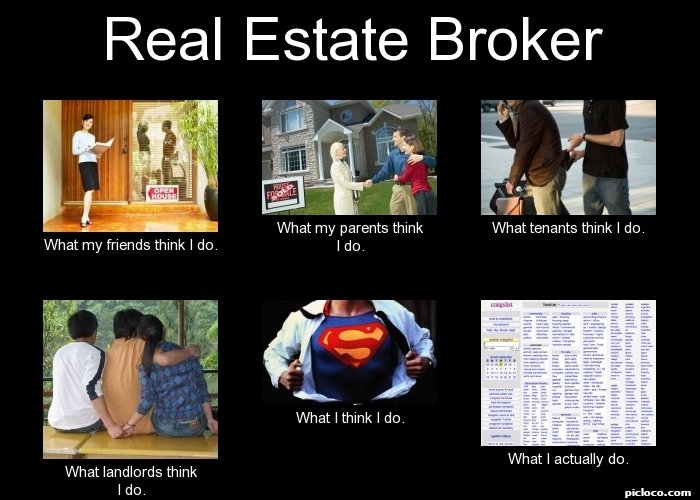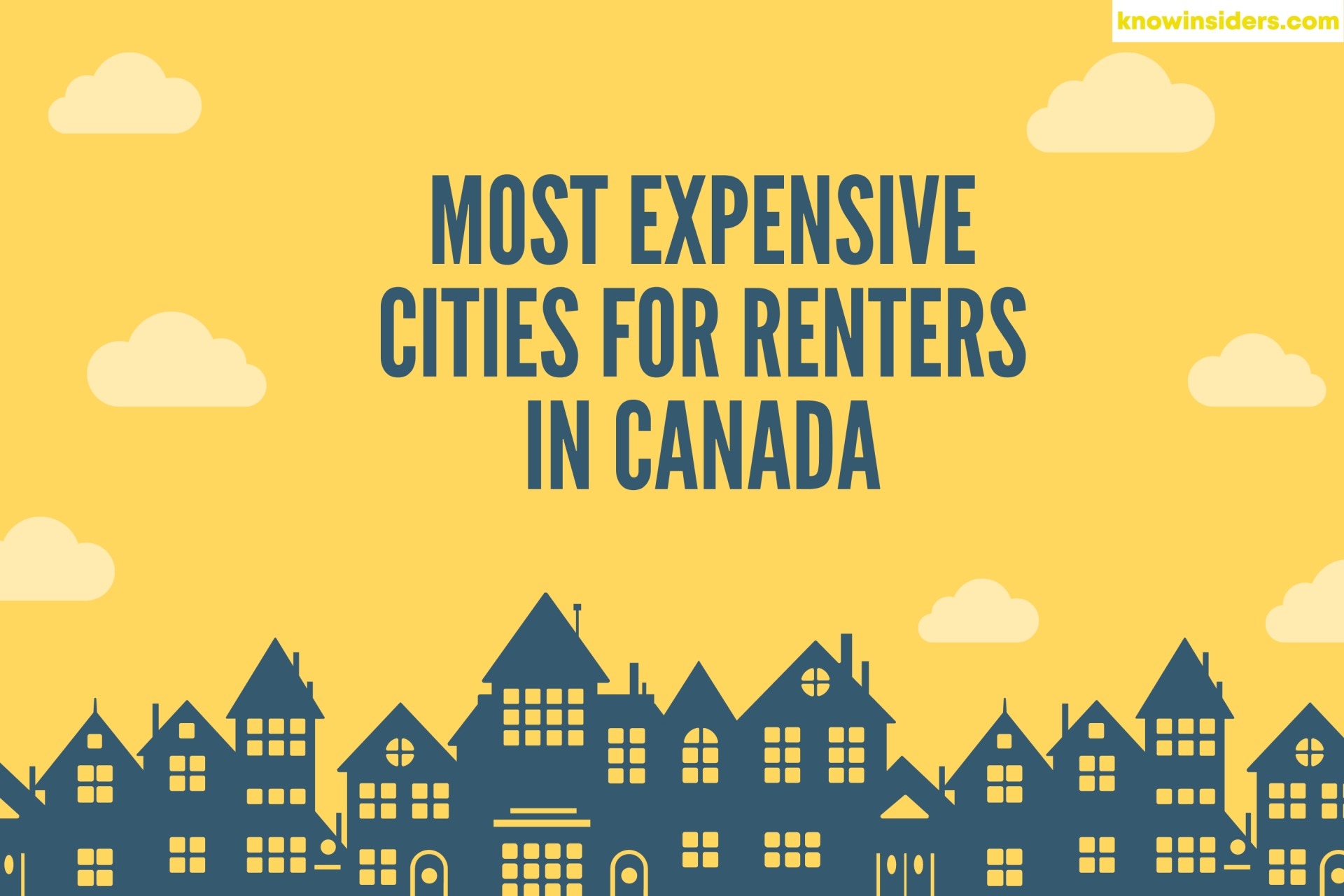Who Is A Real Estate Broker During Skyrocketing Of Home Price?
 |
| Who Is A Real Estate Broker? Photo KnowInsiders |
A real estate broker works to negotiate and arrange real estate transactions. This licensed individual has daily duties that include writing contracts and overseeing transactions for sales and purchasing activities on homes, land and commercial properties.
A broker has attained a higher-level license than a real estate agent and can hire real estate agents to work as a team under their supervision.
Who is a real estate broker?
A real estate broker is an individual with specialized expertise in the real estate industry. All real estate brokers were once licensed real estate agents -- but not all real estate agents are licensed brokers. Brokers supply the people, process, and technology for real estate agents to carry out successful transactions for their clients.
What are the different types of brokers and what do they do?
 |
| Photo massimo group |
It’s not uncommon to see the terms “principal broker,” “managing broker,” or “broker-in-charge” to differentiate brokers who are working in a supervisory role.
Brokers who hold a broker’s license and choose to continue working independently, under a principal or B-I-C, might be referred to as an “associate broker” or simply a “real estate broker,” as with the prior example of Oregon’s license.
Some agents wish to earn their broker’s license for the additional training and prestige of further certification, meaning that the effort isn’t always born from a desire to manage a firm’s branch or start one’s own real estate company.
For purposes of this article, we’re focusing on the activities of principal brokers, or brokers-in-charge. These brokers provide high-level support to their agents in a variety of ways, including:
Training and coaching
Contract verbiage
Negotiation
Legal issues
Client challenges
Assessing market value
Marketing strategy
Administrative support
Often, brokers are working hard behind the scenes on brand strategy and growth, while remaining available for agent support and training.
A broker might also provide sales leads to their agents. The preferred system for doling out leads can vary, but this might be done on a rotating basis from one agent to the next; leads might be reserved either for top-performing agents or for those who are just getting started in the business; or it might be as straightforward as a lead being routed to whoever happens to be available at the time of the opportunity.
Duties of a Seller’s BrokerA seller’s broker may have the following obligations: Listing properties for sale on multiple listing services (MLS) or on LoopNet Advertising the property on social media and other venues to attract as many potential buyers as possible Advising the property seller in preparing the property for pictures for the listing and showings Sharing the listing with other real estate professionals to get buyers to the property Supervising the showing, including arranging a time between the buyer’s agent or broker and the seller Reporting any feedback and/or results to the seller Submitting offers to the seller Aiding the seller with offer negotiation Executing a purchase contract between the buyer and seller Once the buyer and seller sign the purchase contract, the seller’s broker works on behalf of the seller. These include delivering documents and explaining all the disclosures and transactions related to the sale. The broker also works with the seller through closing and ensures it goes smooth. |
Duties of a Buyer’s BrokerA buyer’s broker represents the buyer of a property and provides the following services: Showing buyers new properties Locating properties for buyers that meet their needs or preferences Aiding the buyer in creating an offer and creating a purchase agreement Negotiating on behalf of the buyer, according to the buyer’s wishes Making sure the transaction goes smoothly once both parties have come to an agreement Working with the buyer on documents required for the transaction Assisting in conducting due diligence by coordinating inspections |
The Difference between a Real Estate Broker, Agent, and Realtor
What is a real estate brokerage? Some people may say they are agents. Others may use the word “realtor.” These are different types of work.
A real estate agent must work for real estate brokers. They cannot work on their own. They also need to pass the state requirements and obtain a real estate license. In some states, an agent can be under one brokerage only.
Brokers may work for themselves, build a real estate brokerage firm, and hire real estate agents. They may also deal with other brokerage firms. But, because of the nature of their business and work, the state requirements can be tougher. For one, they need to pass the brokerage exam.
Contrary to popular belief, the term “realtor” is not generic. Only those who are members of the National Association of Realtors (NAR) can use it. The members, however, can be different professionals. These include sales agents and transaction brokers. They need to abide by the association’s code of ethics and other rules to remain.
READ MORE: Top 5 States Where Home Prices Rose The Most In The US
The Impact of Today’s Market on Real Estate Brokers
 |
| Photo picloco |
Increasing complexities of the industry and technology have seen successful brokers define their roles more narrowly.
Just as today’s marketers cite focus in brand, content, digital, or other specializations, the best brokerage models enable infrastructure that allows a broker to focus their time, skills, and attention in fewer areas where they can make the most impact for their agents and the business.
The balance is handled efficiently by leveraging technology, minimal staff, or other resources available within their brokerage.
To be successful, brokers can no longer play the all-in-one role of compliance officer, recruiter, IT expert, and lead generation specialist. Instead, once they have the right brokerage systems in place, their ability to work smarter, not harder actually helps accelerate growth.
READ MORE: Top 10 Most Expensive Zip Codes In America: Home Price Skyrocketed
| Brokerage Firms A broker may work for a commercial or residential seller and/or buyer. The duties vary, depending on the type of broker you are. Most brokers are both sellers’ and buyers’ agents. When another agent or broker sells a property from a different broker or agent, the two agencies split the commission. Some brokers may be agents. They represent both the buyer and seller, although in some states, dual agency is not legal. A brokerage firm may be dual if: You are selling a property, and a buyer contacts you to show the property. You are working for both the buyer and the seller. Two brokers or agents from the same real estate brokerage represent the buyer and seller, respectively. When a state does not allow dual agency, the real estate broker works as a transactional broker. They do not represent either the buyer or the seller, but facilitate the transaction through exchange and explanation of documents. |
Secrets No Real Estate Broker Will Tell You
Brokers, Between the Lines
If you're an experienced homebuyer or seller, you probably already know this: Brokers aren't as loose-lipped as they appear to be.
Of course, they can tell you everything there is to know about the house, from root cellar to widow's watch. They will detail the square-footage to a fraction of an inch and tell you what might influence your home-improvement plan. They will even happily coach you through the home inspection process and offer you mortgage-securing strategies.
But there's a whole lot they won't tell you—secrets of the trade that they wouldn't dare let a client know. Read on to learn just what brokers are saying to themselves—though never, ever to you.
"An Open House is for Me, Not You."
An open house at an available home may seem to take place for the purpose of recruiting serious buyers, but these receptions are not really for the seller—they serve the agent's long-term plan.
"Most people who show up are 'tire kickers,'" says John Kavaller, an agent with Catskill Sales Associates Inc. in upstate New York. "People turn up to get a sense of the market or the neighborhood, but they are not ready to buy." They tend to sign in, tour the place and then take off with the agent's business card in hand.
The agent makes an effort to keep in touch with these some-day buyers, in hopes of closing a deal down the line.
"My Commission Is Negotiable."
Turns out, that standard 6-percent commission isn't so standard after all. Haggling over commission is a regular practice.
Kavaller says the broker commission is "absolutely negotiable on a case-by-case basis. On a one million dollar property we might be willing to drop a whole point."
Looking for a listing agent? Bargain—up front—with prospective brokers regarding their take. Offer a commission that's hefty enough to give the agent an incentive to work hard for you, but don't feel tied to 6 percent. Especially if you believe your home will be an easy sell.
"I Favor the Fast Money."
What's better to a broker, a dozen percolating sales at $300,000 each or four potential $900K deals? You might suppose that fewer transactions would be sweeter—less paperwork, after all—but since any given sale can fall apart, most salespeople prefer volume to price.
And so, while many agents are serious in their promise to get you the top payoff possible, it is not necessarily in their interest to wait for the very best offer. "When listing agents are competing for your business, they will talk about your lovely house and the high price they can get," says Florida lawyer Ansbacher. "Once they have you signed, that's when they mention the old roof and tell you to drop your price for a quicker sale." Here again, paying for an independent appraisal is money well spent. Set a solid asking price and tell your broker you'll sit tight.
| Real Estate is a Caring Industry In many industries, it’s all business all the time. Not so in real estate. Too many emotions and personal connections are involved. Most agents and brokers are caring professionals that want nothing but the best for their clients and strive to do everything they can to help them make a good investment. And if they’re Realtors they are beholden to a Code of Ethics which states just that. Unfortunately, for those outside the real estate industry, there’s a perception that it’s all about home prices and closing deals. People often question the motives of agents and suggest they’re looking out for their own best interest (a.k.a. commission) not their clients. Once you’re inside the industry you quickly realize it’s full of passionate people who are service-oriented, not self-serving. |
 5 Most Expensive Cities For Renters In Canada 5 Most Expensive Cities For Renters In Canada What cities are the most expensive to rent in Canada? Vancouver renters continue to pay the highest monthly prices in all of Canada. |
 Top 10 Most Expensive Homes In The World Top 10 Most Expensive Homes In The World What’s the most expensive house in the world? As much as we love our own homes, it’s always interesting looking at some of the most ... |
 Most Expensive And Cheapest Places For Property Rents In The UK Most Expensive And Cheapest Places For Property Rents In The UK The cost of renting in the UK can vary a lot – the main variant being where in the UK you are looking to rent ... |



























